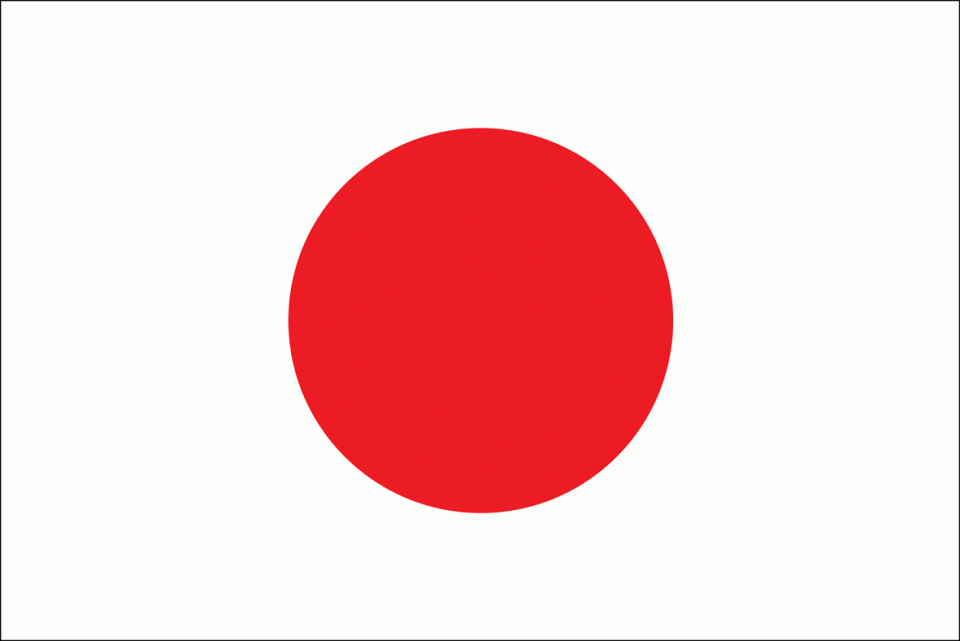 New Zealand’s Free Trade Agreement (FTA) with China has resulted in a windfall for manufacturers of beef and lamb products in New Zealand with huge savings made on tariffs, according to MeatProcess.com.
New Zealand’s Free Trade Agreement (FTA) with China has resulted in a windfall for manufacturers of beef and lamb products in New Zealand with huge savings made on tariffs, according to MeatProcess.com.
The report said the FTA has helped the beef and lamb industry in NZ hugely with tariff savings under the FTA on sheep and beef sector products amounting to $24.8 million on$687 million of trade in 2010 (Beef + Lamb data).
New Zealand and China signed a bilateral free trade agreement (FTA) back in April 2008 and was the first such agreement China signed with any developed country.
Jan Keir-Smith, communications manager for Beef + Lamb, was quoted saying the FTA is directly benefiting Chinese consumers by reducing costs in the supply chain and increasing linkages between New Zealand exporters and Chinese importers.
“China continues to develop rapidly and has a growing middle class population looking to increase its consumption of meat protein, including beef and lamb. The number of consumers considered to be wealthy from a global perspective is increasing significantly, and this is driving increased consumption of imported food products,” said Keir-Smith.
China is now New Zealand’s second largest sheepmeat market by volume importing 29,800 tonnes of sheepmeat in 2010.
“Crucially, the Chinese market demands a different product mix compared to New Zealand’s traditional sheepmeat markets. This complementary product demand allows exporters to maximise the value all products from each carcass which benefits New Zealand farmers,” she added.
China is also a key market for co-products such as fats and oils and animal casings, she noted. The red meat sector exported $170.1 million of these products to China and tariff savings on these products are estimated at $11.6 million.
Keir-Smith said that the NZ-China FTA provides for eventual duty free access for meat and co-products, which would mean that tariffs on meat, sheepskins and offal would be eliminated by 2016, and tariffs on animal fats will be phased out next year.
The red meat sector is expected to gain annual savings of $21.3 million (based on 2010 imports) by the time tariffs are fully eliminated in 2016. Source: MeatProcess.com


